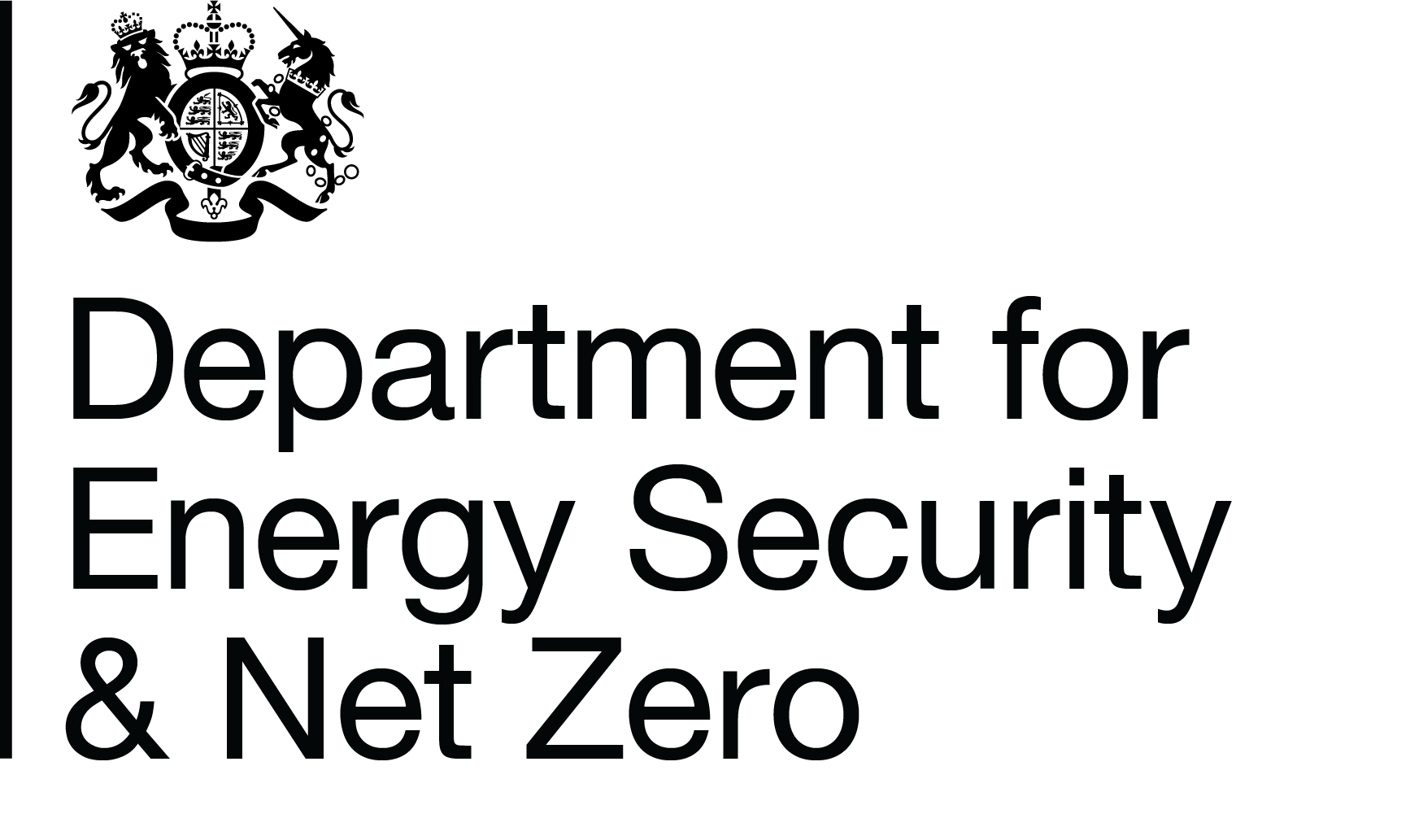Planning for New Energy Infrastructure | Draft National Policy Statements for energy infrastructure
Overview
National Policy Statements (NPSs) are designated under the Planning Act 2008 (the 2008 Act) to provide guidance for decision-makers on the application of government policy when determining development consent for major infrastructure. Their function is to state clearly how existing policy applies to development consent, removing discussion of the merits of government policy from the examination process so that decisions can be made on the basis of planning considerations alone. NPSs apply to infrastructure that is defined as a “Nationally Significant Infrastructure Project” in the 2008 Act.
The current suite of energy NPSs were designated by the Department of Energy and Climate Change in 2011, namely:
- The overarching NPS (EN-1)
- Fossil fuel electricity generating infrastructure (EN-2)
- Renewable Energy Infrastructure (EN-3)
- Gas supply infrastructure & gas and oil pipelines (EN-4)
- Electricity Networks Infrastructure (EN-5)
- Nuclear Power Generation (EN-6)
The Energy White Paper Powering our Net Zero Future, published in December 2020, presents a vision of how we make the transition to clean energy by 2050. It establishes our goal of a decisive shift away from fossil fuels to clean energy technologies such as renewables, nuclear and hydrogen, in line with our objectives to ensure our supply of energy always remains secure, reliable, affordable and consistent with our net zero target.
Meeting these objectives necessitates a significant amount of energy infrastructure, both large and small-scale. The white paper shows that the need for the energy infrastructure set out in the energy NPS remains, except in the case of coal-fired generation which is actively being phased-out of the system.
In the white paper the government committed to completing a review of the existing energy NPS to ensure they reflect current energy policy, and that we continue to have a planning policy framework which can deliver investment in the infrastructure needed for the transition to net zero.
This consultation covers EN-1 to EN-5 and the related Appraisals of Sustainability (AoS) and Habitats Regulations Assessments (HRA) that have been carried out in relation to the draft energy NPSs. EN-6, which currently sets out the planning and consents regime for nuclear projects deployable before 2025, will not be amended as part of this review. It has been concluded that EN-6 will not be amended as there are no changes material to the [limited] circumstances in which it will have effect (see the Written Ministerial Statement of 7 December 2017). A new NPS for nuclear electricity generation infrastructure deployable after 2025 will be developed in due course to reflect the changing policy and technology landscape for nuclear.
Why your views matter
The principal purpose of this consultation is to identify whether the revised energy NPS presented are fit for purpose (i.e. whether they provide a suitable framework to support decision making for nationally significant energy infrastructure). This consultation also seeks views on the AoS and HRA.
What happens next
The government will consider responses it receives to the consultation, and outputs from Parliamentary scrutiny. The government will then issue a response to the consultation, including a summary of responses received, and revise the draft energy NPSs as necessary.
Once formally approved ("designated") these NPSs would then be the primary consideration for the Secretary of State and Planning Inspectorate when it makes decisions on applications for development consent for nationally significant energy.
Audiences
- SMEs (small and medium businesses)
- Large businesses (over 250 staff)
- Multinational businesses
- Trade bodies
- Legal representative
- Medium business (50 to 250 staff)
- Micro business (up to 9 staff)
- Small business (10 to 49 staff)
- Oil and Gas
- Wind
- Nuclear
- Coal
- Wave and tidal
- Low carbon technologies
- Construction
- Investment
- Property
- Finance
- Consumer organisations
- Consumer law specialists
- Consumers
- Trade union or staff association
- Businesses
- General public
- Local government
- Regulator
- Non-departmental public bodies
- The Devolved Administrations
- Non-Government Organisations
- Civil Society Organisations
Interests
- Oil and Gas
- Nuclear
- Renewable energy
- Energy and climate change
- Electricity
- Emissions
- Carbon capture and storage

Share
Share on Twitter Share on Facebook